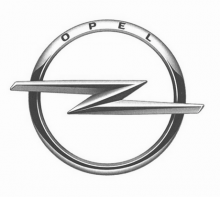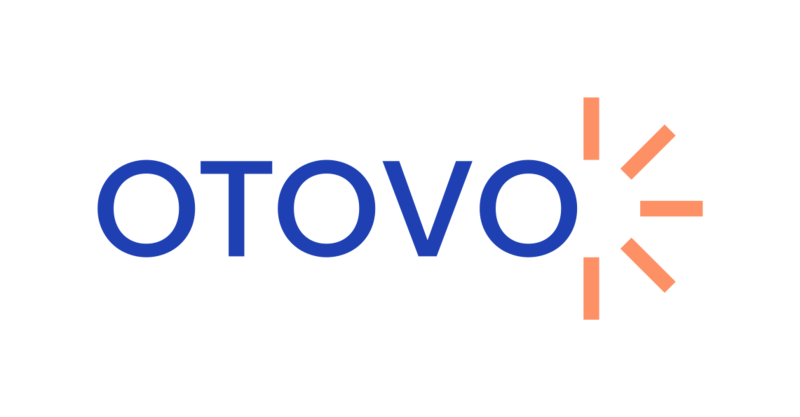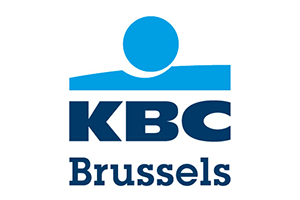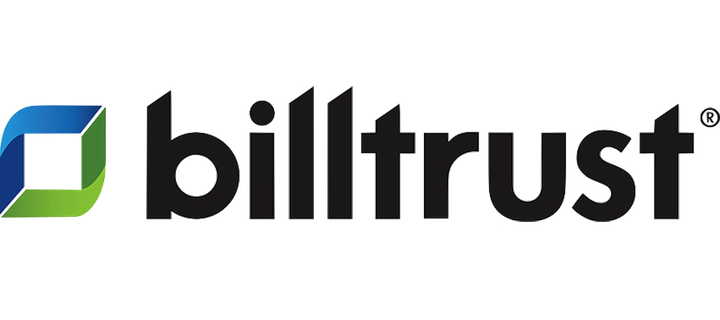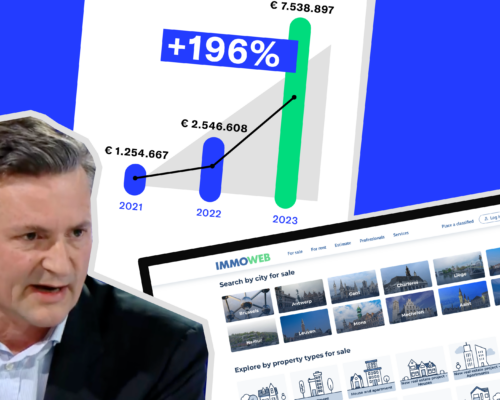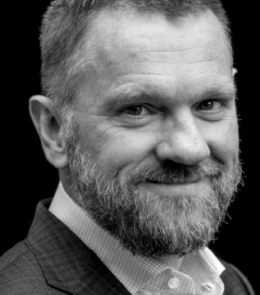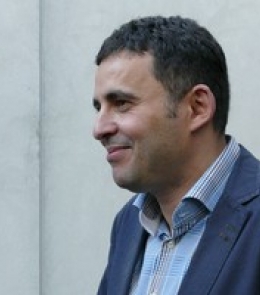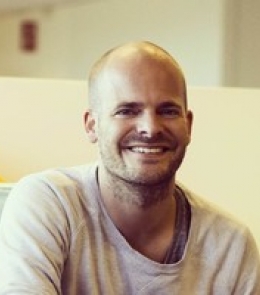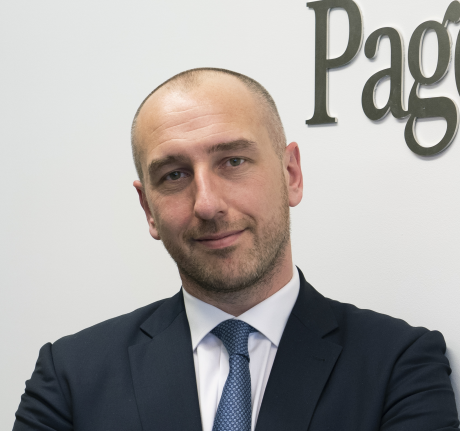CEO activism is a specific form of CEO communication, where business leaders speak out publicly on social and political hot topics. Think climate, diversity and inclusion or – in the U.S. – gun control.
Dutch research has surveyed CEOs on their appetite for ‘activism’, or their willingness to speak out on social issues that aren’t directly linked to their company’s core business. And it turns out they aren’t too keen on the idea. Even though they largely agree that business leaders should address these social issues, the anticipated risks are holding them back from actually doing so.

For her thesis* at the Rotterdam School of Management, Erasmus University, communications professional Marisa Saba interviewed 15 CEOs and board members from large Dutch companies (including Dela, Corendon, AFAS Software, De Volksbank and a major brewery).
She wanted to investigate the extent to which the US trend for CEO activism is crossing over to the Benelux, and potentially having an impact on the role of corporate communications. And Saba has to conclude that this impact is limited. Unlike high-profile US peers such as Howard Schultz from Starbucks or Mark Parker from Nike, Dutch CEOs aren’t very keen to take on and speak up individually on social issues.
CEOs see activism as a double-edged sword
CEOs see themselves more as ‘connectors’, people who create a link between the world inside and outside company walls, between society, customers, partners, potential employees and other stakeholders.
A CEO who speaks out about a particular social issue that isn’t directly linked to their company’s core business can help stakeholders – and not least their own future employees – to connect more with the organisation and even increase brand loyalty.
CEOs agree that business leaders should voice opinions or take action – but they don’t do it
But this same statement from a CEO could also upset key stakeholder groups and cause irrevocable damage. And this is something that the CEOs interviewed perceive very strongly. They see the airing of opinions as a double-edged sword, and ultimately believe that the (reputational) risks still appear to outweigh the potential benefits.
It’s notable that there’s a gap here between what CEOs do and think. In spite of their reluctance to speak out individually, 10 of the 15 CEOs surveyed (two-thirds) are still in favour of CEO activism. They agree that business leaders should voice their opinions or take action on controversial issues. They (or 80% of them, at least) don’t yet feel any pressure from society at large, however, in contrast to what we’re seeing in the US. Only three CEOs said they sometimes felt any pressure from their employees.
CEOs think authority is based on knowledge, not their title
This is consistent with the Netherlands’ image of being Calvinist and hardworking: the CEOs surveyed believe their authority comes mainly from having good knowledge of their specialist field, rather than the position they hold. They disapprove of too much ego – and in this sense they also reflect the attitude of many Belgian CEOs who shy away from being seen as a ‘busybody’ or someone who craves attention.
Saba sees an exception among private entrepreneurs and the ‘captains of industry’ in large companies who can talk more freely, however.
Saba: “CEOs such as Paul Polman (Unilever), Frans van Houten (Philips) and Feike Sijbesma (DSM) often appear in the media with clear perspectives. And the media plays an important role in this, too. When a new controversial issue comes into view, journalists go to these CEOs for their opinions much more readily than they ask less well-known CEOs. And so you get a vicious circle – with the same names repeatedly appearing in the media on the same issues.”
CEOs prefer to join coalitions to promote ideas
So, because many CEOs do not see themselves in the role of ‘activist’, they look to a collective rather than an individual approach to creating awareness, for instance by forming a coalition of CEOs or professional associations to take on this task. One successful example of this is the Dutch Banking Association (NVB) – in which more than 50 financial institutions have united to commit to reporting on the climate impact of their relevant financing and investment activities.
Similar initiatives are also increasingly emerging in Belgium – albeit not always in the fold of federal organisations – such as with SignForMyFuture, DigitAll, The Shift and CEOs4Climate.
What are the interesting takeaways for communications professionals?
Takeaway #1: Traditionalist or activist CEO communication?
Based on her survey, Saba developed an interesting model to serve as a starting point for communications professionals.
Saba sees four categories of motives that determine CEO behaviour: outside influences, the sector in which the company operates, the type of organisation, and the CEO’s own personality.
She derives three CEO profiles from this:
- Traditional
- Activist
- Silent
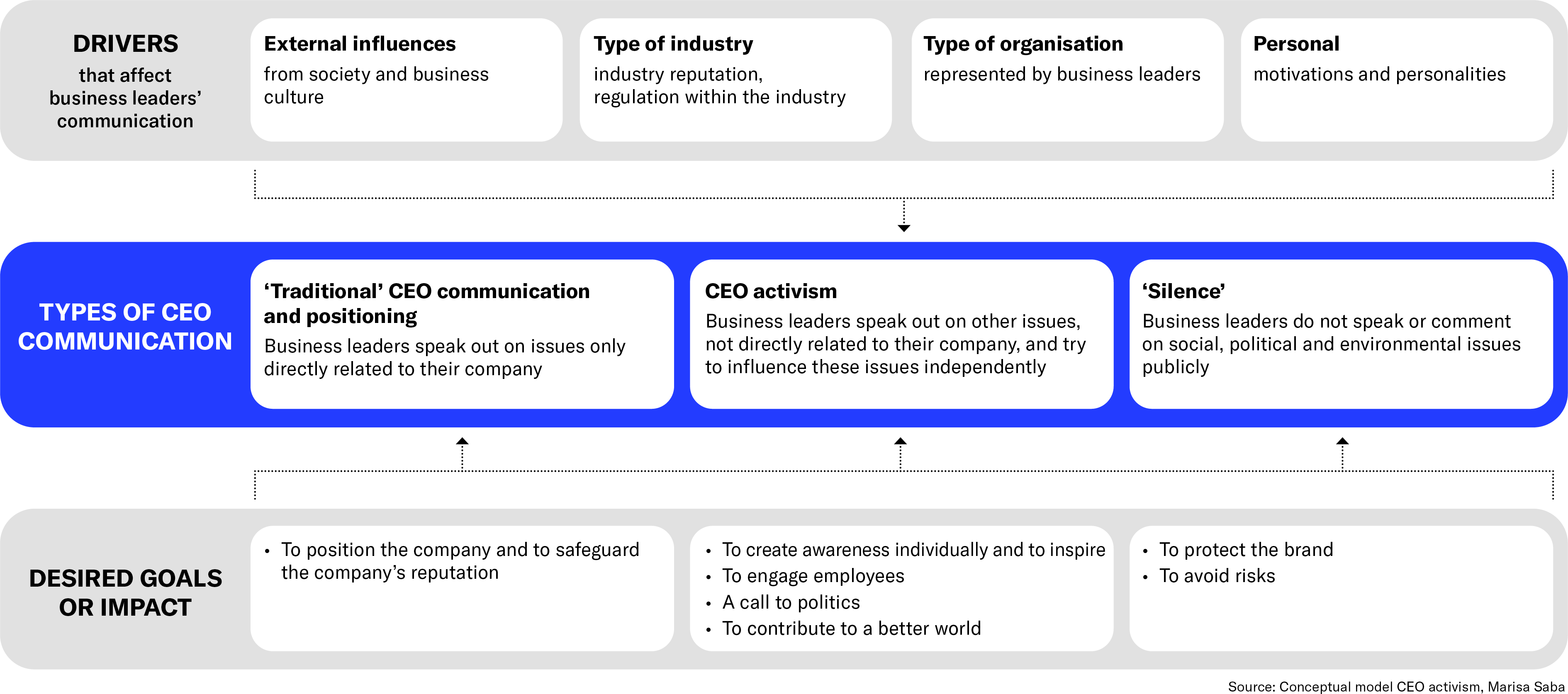
Depending on the profile chosen, you can then pursue different goals – from a more defensive stance (‘protect the brand’) to a more proactive approach that engages stakeholders to seek actual social change.
Takeaway #2: Large or small? Other opportunities for CEO activism
A CEO at the helm of a large multinational may well have to manage more sensitive stakeholders and/or toes that can be stepped on, but they also have an opportunity to grow as a business leader into a captain of industry – with the aforementioned Matthew Effect as a possible consequence.
On the other hand, a dynamic entrepreneur in charge of a smaller organisation may have more freedom to be outspoken.
Whichever approach is taken will not lead to the same outcome twice. You should therefore carefully analyse your CEO’s situation, and what opportunities this opens up as a result.
Takeaway #3: Do join associations, but don’t stop there
Is it more worthwhile to join a collective and let umbrella organisations such as professional federations or ‘SignForMyFuture’ initiatives pick up the hot potatoes? That’s an option which many CEOs see as a first, safe step towards social profiling.
But those who hide away in the cover of a group won’t be able to also reap the benefits of speaking out (such as increased brand loyalty).
So, if you do join a larger initiative, don’t forget to communicate – even if only through your own channels – what you are doing and why.
Takeaway #4: CEO activism is on the rise
CEOs realise all too well that the world is changing. We note that the reluctance to speak out on social matters, which became very apparent in the interviews, is also widely shared in Belgium. But at the same time, there is a growing realisation that a company’s role in this is different to how it was ten years ago, for instance, with many companies’ search for purpose serving as just one clear example.
Saba: “Several of the business leaders interviewed believe that CEO activism is on the rise in the Netherlands. They believe that CEOs will increasingly be expected to speak out, especially under the influence of millennials, the changing society, and political and social pressure. In their view, it boils down companies making it clear what they stand for, and showing how they will bring about change.”
You might also question how many companies think that topics such as diversity, the climate and inclusion do not have any ‘direct’ impact on their core business. And the answer is fewer and fewer. So it’s becoming more and more important for CEOs – as the face of the organisation – to address these types of issues. After all, these topics which used to seem ‘beyond their remit’ are now anything but.
Takeaway #5: CEOs must choose carefully on what topics they want to speak up
The issues that your CEO should speak out on depend on your organisation, industry, and your CEO themselves.
As a source of inspiration, here is the list of the most frequently mentioned – and therefore most relevant – social issues, according to Dutch business leaders in the survey:
- Sustainability
- Climate change
- CSR
- Diversity
- Inclusion
- Labour market
Sources
* ‘CEO Activism in the Netherlands. What drives business leaders to speak up on social, political, and environmental issues? The applicability and strategic implications of CEO activism in the Netherlands’, M. Saba, Nov. 2019.




